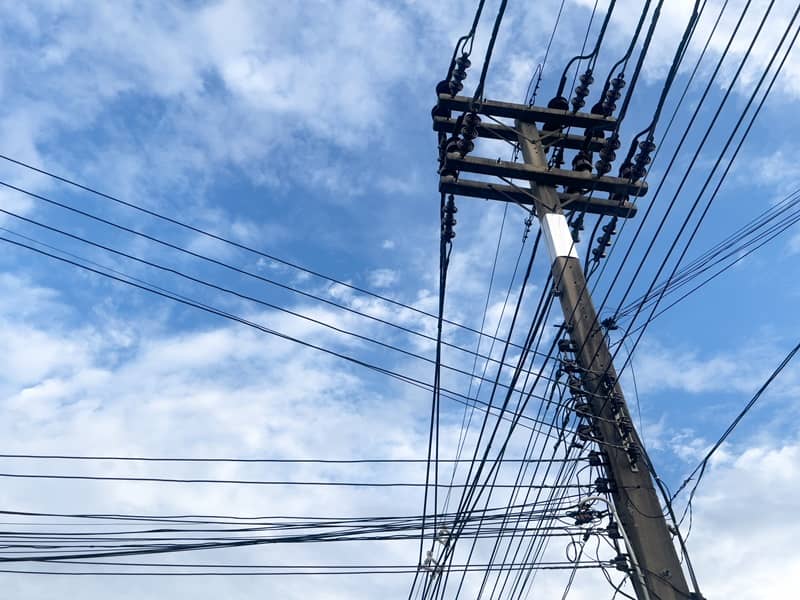— Education Savings Account (ESA) program awaits Senate action
April 13, 2017
Media Release
FOR IMMEDIATE RELEASE
Media Contact:
Steve Buckstein
503-242-0900
steven@cascadepolicy.org
PORTLAND, Ore. – Cascade Policy Institute today released a review and evaluation of a universal Education Savings Account (ESA) program for Oregon. Senate Bill 437 would cover all K-12 students and is awaiting a hearing in the Senate Education Committee. SB 437 is also known as the Educational Opportunity Act: The Power of Choice.
ESAs deposit a percentage of the funds that the state otherwise would spend to educate a student in a public school into accounts associated with the student’s family. The family may use the funds for private school tuition or other approved educational expenses such as online learning programs, private tutoring, community college costs, higher education expenses, and other customized learning services and materials. Funds remaining in the account after expenses may be “rolled over” for use in subsequent years, even into college.
Empirical research on private school choice finds evidence that private school choice delivers benefits to participating students—particularly in the area of educational attainment.
Currently, Arizona, Florida, Mississippi, and Tennessee have active ESA programs that are limited to particular groups of students such as those with special needs. Nevada passed a near-universal ESA bill in 2015, but it is yet to be funded. Last week, Arizona lawmakers passed a new ESA bill that will open their state’s ESA program to all Arizona children, phased in over the next few years.
A fiscal analysis of Oregon’s SB 437, as introduced, finds that it would have a net fiscal impact on the state and local school districts of approximately $200 million. This net impact can be reduced—and turned into a net cost saving to state and local governments—by adjusting the annual amount deposited into the ESAs. The program would “break even” at an amount of $6,000 for each participating student with disabilities and/or in a low-income household and $4,500 for all other students. These are the dollar amounts suggested in an Amendment to SB 437.
Cascade founder Steve Buckstein notes, “While vouchers may be considered the rotary telephones of the school choice world, Education Savings Accounts are the smartphones of that world. They offer many more opportunities for families and students, and introduce competitive forces into education finance, which may help keep costs down.”
The full report, Education Savings Accounts: Review and Evaluation of a Universal ESA in Oregon, can be found online here.
Founded in 1991, Cascade Policy Institute is Oregon’s premier policy research center. Cascade’s mission is to explore and promote public policy alternatives that foster individual liberty, personal responsibility, and economic opportunity. For more information, visit cascadepolicy.org and schoolchoicefororegon.com.
###











